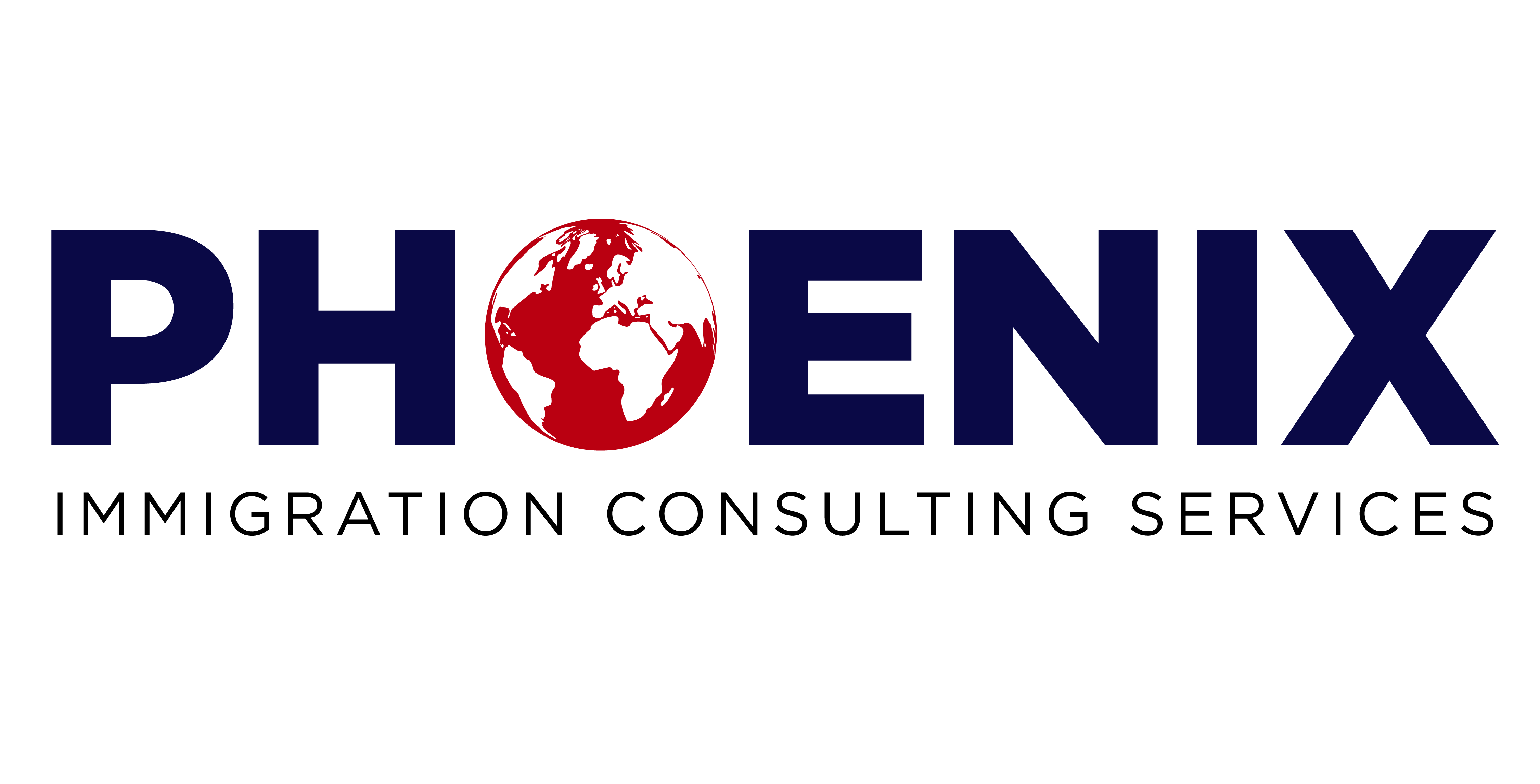Discover Your Future in New Zealand
Welcome to Phoenix Immigration Consulting Services LLC, your trusted partner for New Zealand immigration. New Zealand is one of the most desirable destinations for skilled professionals, students, investors, and families, offering exceptional quality of life, world-class education, strong economy, and stunning natural landscapes. At Phoenix Immigration, we ensure that your New Zealand immigration process is smooth, compliant, and result-oriented.
Why Choose New Zealand?
- Population: Approx. 5.2 million, known for its diverse and welcoming culture.
- Economy: Stable economy driven by innovation, agriculture, healthcare, IT, and construction.
- Employment: High demand for skilled professionals in healthcare, IT, engineering, and trades.
- Quality of Life: Ranked among the safest and most peaceful countries worldwide.
- Global Recognition: Consistently ranked high for ease of doing business, safety, and lifestyle.
New Zealand is an unmatched choice for those seeking security, growth, and balance.
Immigration & Visa Categories for New Zealand
Phoenix Immigration provides expert guidance for all major New Zealand visa pathways, including:
- Skilled Migrant Category (SMC) Visa: For qualified professionals matching New Zealand’s labor needs.
- Work to Residence Visa: Pathway to permanent residency through employment in shortage sectors.
- Student Visa: For international students pursuing higher education in New Zealand.
- Investor Visa: For individuals making significant investments in New Zealand’s economy.
- Entrepreneur Visa: For business owners and innovators establishing enterprises.
- Family & Partner Visas: To reunite with loved ones and dependents.
Employment Opportunities in New Zealand
New Zealand’s job market is thriving with strong demand across various fields:
- Healthcare & Nursing: Doctors, nurses, and allied health professionals.
- Information Technology: Software developers, data analysts, and cybersecurity experts.
- Engineering & Construction: Civil, mechanical, and electrical engineers, plus skilled tradespeople.
- Agriculture & Forestry: Specialists in farming, horticulture, and sustainable practices.
New Zealand offers competitive salaries, excellent work-life balance, and employee protections.
Life in New Zealand
- Major Cities: Auckland, Wellington, Christchurch, and Queenstown.
- Education: Globally respected universities and institutions.
- Healthcare: Accessible, high-quality healthcare services.
- Culture & Lifestyle: Friendly communities, outdoor adventures, and a multicultural society.
- Family & Work Balance: Safe environment, paid leave, and family-friendly policies.
Why Choose Phoenix Immigration for New Zealand?
At Phoenix Immigration Consulting Services, we specialize in New Zealand immigration with services including:
- Personalized eligibility assessments for skilled professionals, students, and investors.
- Complete documentation support as per Immigration New Zealand requirements.
- Tailored advice to choose the most suitable visa pathway.
- Expert handling of complex applications and refusals.
- End-to-end support from application to permanent settlement.
Start Your New Zealand Immigration Journey
New Zealand is a land of opportunities, safety, and growth. At Phoenix Immigration Consulting Services, we make your New Zealand immigration journey smooth and successful.
Contact us today for a free consultation and take your first step toward a brighter future in New Zealand.
Explore New Zealand




